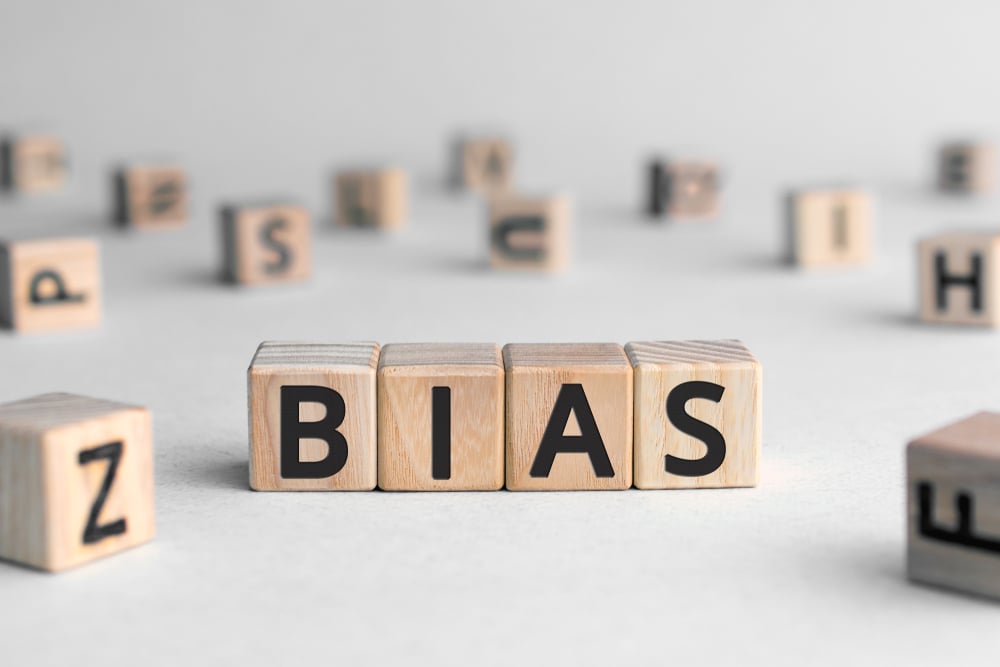Judge blocks ethics rule banning bias by lawyers, warns of arbiters deciding 'who and what offends'

Image from Shutterstock.com.
A federal judge in Philadelphia has cited the First Amendment in blocking a Pennsylvania ethics rule that bans lawyers from knowingly manifesting bias or engaging in discrimination in the practice of law.
U.S. District Judge Chad Kenney of the Eastern District of Pennsylvania ruled for Philadelphia lawyer Zachary Greenberg, who had argued that the ethics rule would chill his speech as a lawyer for a foundation defending the free speech rights of students.
Law360, Bloomberg Law and the Volokh Conspiracy (here and here) have coverage of Kenney’s Dec. 7 opinion, which was filed Dec. 8; a press release is here.
Greenberg had said he mentions slurs, epithets and demeaning nicknames in presentations about the constitutional rights of people who do and say offensive things. He speaks at events in connection with his work for the Foundation for Individual Rights in Education and his membership with the First Amendment Lawyers Association.
Kenney said Greenberg had standing to sue, and the ethics rule was likely unconstitutional because it discriminated based on viewpoint. Kenney, an appointee of President Donald Trump, issued a preliminary injunction blocking the rule.
“There is no doubt that the government is acting with beneficent intentions,” Kenney wrote. “However, in doing so, the government has created a rule that promotes a government-favored, viewpoint monologue and creates a pathway for its handpicked arbiters to determine, without any concrete standards, who and what offends.”
“Speech is not unprotected merely because it is uttered by ‘professionals,’ ” Kenney wrote, quoting from the U.S. Supreme Court decision National Institute of Family and Life Advocates v. Becerra. The 2018 decision said a California law requiring anti-abortion centers to post information about the availability of state-subsidized abortions was likely unconstitutional.
At issue in the Pennsylvania case is Rule 8.4(g) of the Pennsylvania Rules of Professional Conduct, a variation of an ABA model ethics rule adopted in 2016. Seven states have adopted a version of the ABA rule, according to Bloomberg Law.
The Pennsylvania version of the rule says it is professional misconduct for a lawyer to “in the practice of law, by words or conduct, knowingly manifest bias or prejudice, or engage in harassment or discrimination, as those terms are defined in applicable federal, state or local statutes or ordinances, including but not limited to bias, prejudice, harassment or discrimination based upon race, sex, gender identity or expression, religion, national origin, ethnicity, disability, age, sexual orientation, marital status or socioeconomic status.”
A comment to the Pennsylvania rule says “conduct in the practice of law includes participation in activities that are required for a lawyer to practice law, including but not limited to continuing legal education seminars, bench bar conferences and bar association activities where legal education credits are offered.”
Kenney said the ban on words manifesting bias or prejudice “will hang over Pennsylvania attorneys like the sword of Damocles. This language will continuously threaten the speaker to self-censor and constantly mind what the speaker says and how the speaker says it.”
Bloomberg Law spoke with Thomas Wilkinson Jr., a past chair of the Pennsylvania State Bar Association’s legal ethics and professional responsibility committee. Wilkinson disagreed with the opinion.
Wilkinson said the judge could have looked for guidance to an ABA ethics opinion on Rule 8.4(g) of the ABA Model Rules of Professional Conduct.
“The ABA guidance makes clear that discussion of controversial legal issues or the expression of conservative or provocative viewpoints in that context would not violate the rule,” Wilkinson said.
Greenberg was represented by the Hamilton Lincoln Law Institute.
The case is Greenberg v. Haggerty.



